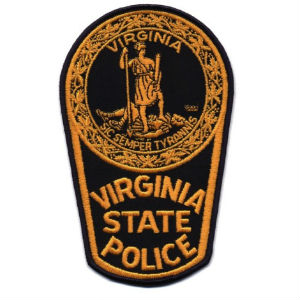
“Summer days are filled with celebrations, vacations, outdoor festivals and backyard cookouts, but no matter where your plans take you, please make safety your priority,” said Col. Gary T. Settle, Virginia State Police Superintendent. “With fatal traffic crashes on pace this year to mimic last year’s record number, I urge all Virginians to buckle up, eliminate distractions and never drive buzzed, drunk or under the influence. Together we can make this Independence Day the safest on record.”
VSP encourages Virginian to arrange a designated drive if planning to drink alcohol at a July 4 function. Party hosts are encouraged to serve non-alcoholic beverage options, and to help prevent any guests from drinking and driving home from their event.
As part of its ongoing efforts to increase safety and reduce traffic fatalities on Virginia’s highways during the coming holiday weekend, Virginia State Police will increase patrols from 12:01 a.m. Friday, July 1, through midnight on Monday, July 4, as part of the Operation Crash Awareness Reduction Effort.
Operation C.A.R.E. is a state-sponsored, national program intended to reduce crashes, fatalities and injuries due to impaired driving, speed and failing to wear a seat belt.
During last year’s four-day Independence Day Operation C.A.R.E initiative, there were 12 traffic deaths on Virginia highways. Virginia troopers arrested 61 drivers operating under the influence of alcohol or drugs, cited 4,025 speeders and 1,434 reckless drivers, and issued 510 citations to individuals for failing to obey the law and wear a seatbelt. Troopers also assisted 1,550 disabled/stranded motorists.
With increased holiday patrols, Virginia State Police also reminds drivers of Virginia’s “Move Over” law, which requires motorists to move over when approaching an emergency vehicle stopped alongside the road. If unable to move over, then drivers are required to cautiously pass the emergency vehicle. The law also applies to workers in vehicles equipped with amber lights.










